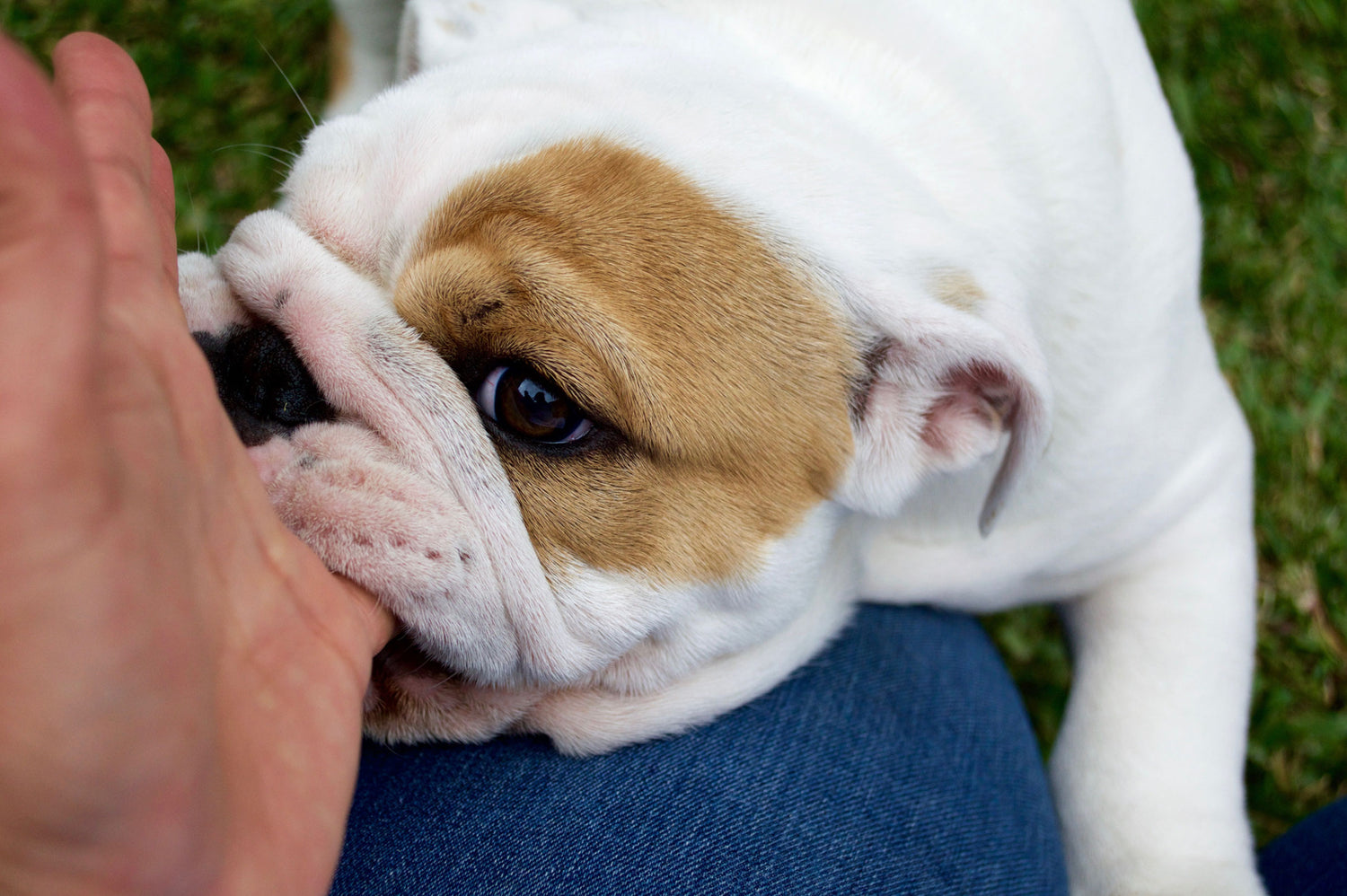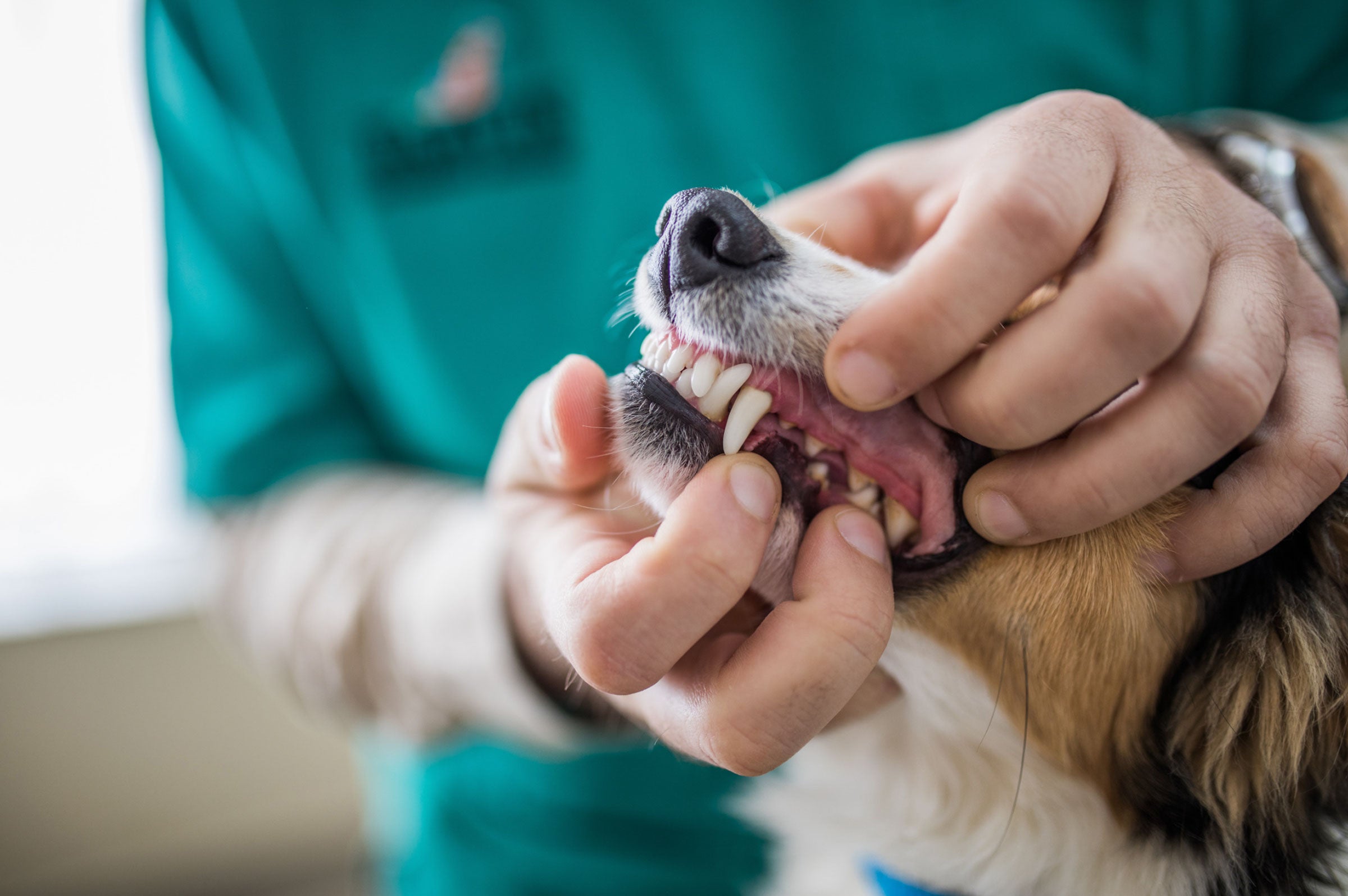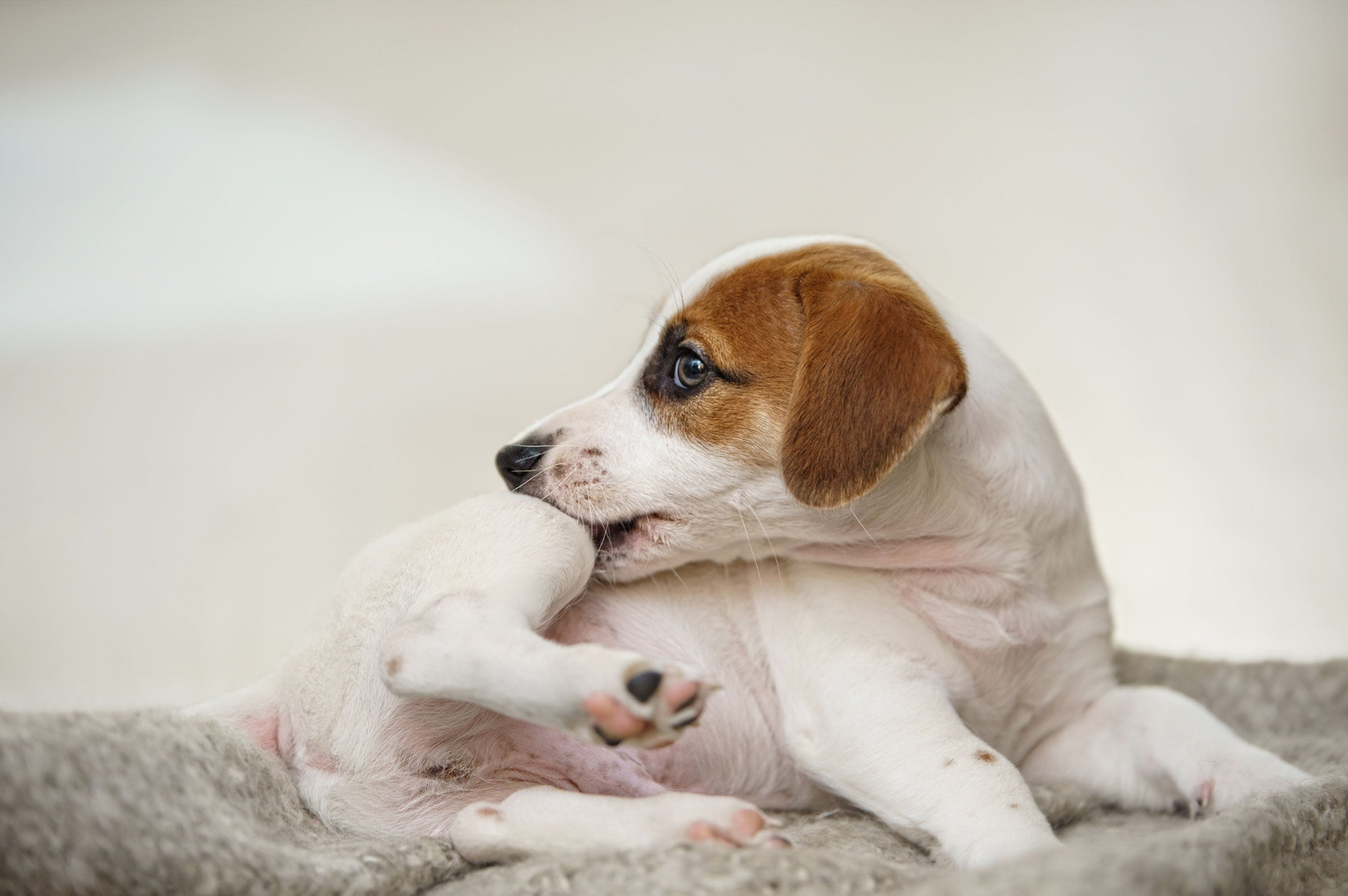Puppies are adorable bundles of energy and curiosity, but their penchant for nipping and biting can be a source of frustration for many dog owners. While it's natural for puppies to explore the world with their mouths, it's essential to teach them appropriate behavior and curb their biting tendencies early on. In this blog post, we'll discuss effective strategies for stopping puppies from biting and promoting gentle, non-destructive behavior.
Understand Why Puppies Bite
Before addressing the biting behavior, it's essential to understand why puppies bite in the first place. Puppies explore the world through their mouths and use biting as a way to play, communicate, and relieve teething discomfort. Additionally, puppies may bite out of excitement, frustration, or as a response to fear or anxiety.
Socialization and Bite Inhibition
Socialization plays a crucial role in teaching puppies appropriate behavior, including bite inhibition. Encourage positive interactions with other dogs and people from a young age to help puppies learn how to moderate the force of their bites. When puppies play with littermates, they naturally learn to inhibit their bites to avoid causing harm. If a puppy does not learn how to inhibit their bites, they will never be able to learn that skill as they get older.
Provide Plenty of Chew Toys
Puppies need appropriate outlets for their chewing behavior, especially during the teething phase. Provide a variety of chew toys and dog-safe chew items to satisfy their need to gnaw and soothe teething discomfort. Interactive toys, such as puzzle feeders and treat-dispensing toys, can also help keep puppies mentally stimulated and engaged.
Use Positive Reinforcement Training
Positive reinforcement training is a highly effective approach for teaching puppies desirable behaviors, including bite inhibition. When your puppy exhibits gentle or non-biting behavior, praise and reward them with treats, toys, or verbal praise. Consistently rewarding desired behaviors reinforces the message that gentle behavior is rewarded, while biting results in the removal of attention or playtime.
Redirect and Distract
When your puppy starts to bite or nip, redirect their attention to a more appropriate chew toy or activity. Use a cheerful voice to encourage them to engage with the toy instead of your hands or clothing. Consistency is key, so be prepared to redirect your puppy's attention whenever they exhibit biting behavior.
Set Boundaries and Be Consistent
Establish clear boundaries regarding acceptable behavior around biting and enforce them consistently. Avoid rough play or games that encourage biting, and discourage any biting behavior by withdrawing attention or ending the interaction if necessary. Consistency in enforcing boundaries helps puppies understand what is and isn't acceptable behavior.
Avoid Punishment
Punishment-based methods, such as yelling, hitting, or using aversive techniques, are ineffective and can damage the bond between you and your puppy. Instead of punishing your puppy for biting, focus on positive reinforcement and redirection to teach them appropriate behavior. Punishment can escalate aggression and lead to fear or anxiety in puppies.
Seek Professional Help if Needed
If your puppy's biting behavior persists despite your efforts, or if you're unsure how to address the issue effectively, don't hesitate to seek guidance from a professional dog trainer or behaviorist. They can provide personalized advice and training techniques to help you address your puppy's specific needs.
In conclusion, stopping puppies from biting requires patience, consistency, and positive reinforcement. By understanding the reasons behind their biting behavior, providing appropriate outlets for chewing, using positive reinforcement training, and setting clear boundaries, you can help your puppy learn to inhibit their bites and develop gentle, non-destructive behavior.
Remember, every puppy is unique, so be patient and adaptable in your approach to addressing biting behavior. Get all the answers you need about your furry friends in our blog, and keep them happy and healthy with our VetSmart products!











